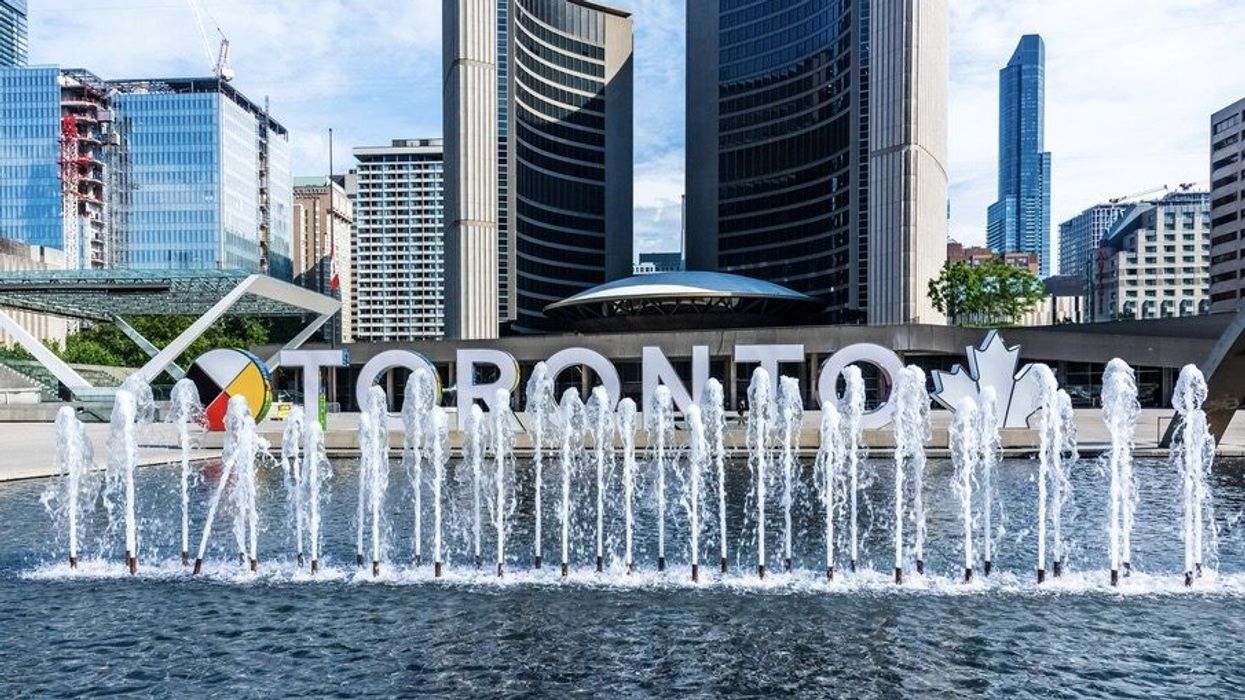Will blunders never cease? Not, it seems, here in Toronto. Just when you think maybe, just maybe, TO will start to act like the big city it has become, something happens that reminds us we’re still the biggest small town in Canada.
Where to start? First was Mayor John Tory’s declaration of municipal impotence in the face of the housing crisis. No question that Canada’s woefully inadequate governance system leaves towns and cities in the clutches of the provinces, most, like Ontario, run by ideology-driven right-wing regimes intent on plundering the urban goose that lays their golden egg. Though Toronto boasts a budget and population larger than many provinces, it remains a hostage to Queen’s Park. Until the City of Toronto Act was proclaimed in 2006, the city had to beg the province for permission to install a speed bump on a quiet residential street.
Tory’s shrug notwithstanding, Toronto is not powerless. Not entirely. The local planning process, which encompasses city council, community councils, committees of adjustment and so on, provides ample mechanisms for municipal control and citizens input. Because no function is more fundamental to city governance than land use planning, that’s as it should be. At the same time, however, no function is more controversial. In a city such as Toronto that has sanctified its neighbourhoods, they are all but immune to change. NIMBY forces here are strong, well-organized, and not shy about making their feelings known. Even when they’re battling against good causes -- social housing, half-way homes, residences for single moms and the like -- they are fierce in their defence of their holy grail, property values.
READ: Run This Town: Is Toronto’s Democracy Nothing More Than an Illusion?
So perhaps it’s no surprise Toronto is once again turning to Queen’s Park to solve its problems. In recent months the city has asked the province for an MZO (Minister’s Zoning Order) at least four times. MZOs, as we have learned, allow the provincial government to override local planning decisions, nullifying community input and shut down any third-party appeal.
One might have expected that for these reasons, Toronto would – and should -- be unalterably opposed to them. After all, they represent a blatent attempt on the part of Premier Doug Ford’s administration to undermine civic authority. Given the Conservative Party’s fondness for implementing this previously rarely used measure -- 40 so far and counting -- on behalf of its developer friends, the MZO has emerged as an existential threat to municipal land-use planning.
Let’s be honest, local planning in Toronto can be slow, cumbersome, and hopelessly misguided. A short walk down any of the city’s main streets -- its “avenues” in Official Plan parlance -- is enough to see the mess created by city planning. But even that doesn’t justify the decision to include MZOs as part of Toronto’s planning arsenal.
In a report released last April, however, Toronto chief planner, Gregg Lintern, insisted that “MZOs can be an effective tool when used judiciously, in consultation with affected municipality and local communities.” Then Lintern, his naïveté on full display, recommended that “the minister should consult with, engage and reach agreement with the affected municipality in advance of making a decision to issue a MZO.” Needless to say, the whole point of an MZO is precisely to avoid consultation and engagement.
In fact, the province took legislative steps to strengthen MZOs in March. Though this is a move Lintern admits the city “does not support,” he seems to think his whisper for help can somehow dent provincial indifference.
READ: Deal Reached to Save the Foundry Buildings… Well, Half of Them
Indeed, the province’s response to a recent city request for an MZO on a proposed social housing project at 175 Cummer Ave illustrates the depth of Queen’s Park’s contempt for municipal protocols. After refusing the demand, Municipal Affairs Minister Steve Clark wagged his middle finger at the city: “We expect that municipalities have done their due diligence and have conducted proper consultation in their communities before any request for an MZO comes to the Minister for consideration,” he wrote.
Thanks, Steve. In other words; up yours, Toronto. Interestingly, the MPP who represents the riding that includes Cummer Ave is Conservative Stan Cho.
Truth is that Toronto, as well as cities across Ontario, and Canada for that matter, must take up the fight for municipal empowerment loudly and boldly. Mayor Tory’s decision to send a list of city priorities to federal party leaders marked a small step in the right direction. Sadly, most Canadian leaders, national and provincial, rightly assume they can safely ignore cities. The housing crisis is an example of the vacuum left by painful absence of so-called “senior” levels of government. It’s time they woke up the reality that the country’s future will unfold in its towns and cities. Failure to grasp that basic fact is a failure to understand that without its urban and suburban centres, Canada will remain a nation in waiting.





















